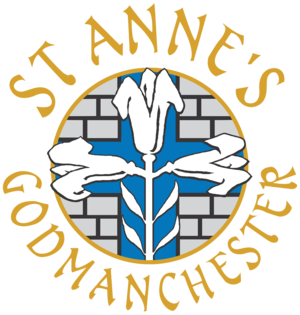Science
Science Curriculum
At St Anne’s we aim to provide a Science curriculum that builds upon the natural curiosity of young children. By harnessing this and developing their verbal questioning and reasoning skills, we enable children to gain a greater understanding of the world around them. In our Science curriculum, we use the teaching of core knowledge and skills within a range of creative and engaging activities. This is in order to provide children with the foundations for the three core areas of Science: Biology, Chemistry and Physics. We encourage scientific thinking by challenging children to make predictions, carry out experiments and construct reasoned conclusions from what they observe.
Our curriculum aims to ensure that all pupils:
• develop scientific knowledge and conceptual understanding through the specific disciplines of biology, chemistry and physics
• develop understanding of the nature, processes and methods of science through different types of science enquiries that help them to answer scientific questions about the world around them
• are equipped with the scientific knowledge required to understand the uses and implications of science, today and for the future
The delivery of our Science Curriculum
Our schemes of work are supported by Developing Experts who produce a range of teaching materials to support the learning within the school. These include videos, ideas for experiments and investigations, knowledge organisers and various other teaching tools. For more information visit the Developing Experts website:
We encourage pupils familiarity with, and use of, technical terminology, and are helped to build up an extended specialist vocabulary. They should also apply their mathematical knowledge to their understanding of science, including collecting, presenting and analysing data. The curriculum also links to other areas of learning in the school such as mathematics, geography and history.
As a theme running throughout the whole curriculum is the notion of ‘Working scientifically’ i.e the understanding of the nature, processes and methods of science. This is not taught as a separate strand but is embedded within the content of biology, chemistry and physics, using the key features of scientific enquiry, so that pupils learn to use a variety of approaches to answer relevant scientific questions at an age appropriate level. This includes: observing over time; pattern seeking; identifying, classifying and grouping; comparative and fair testing (controlled investigations); and researching using secondary sources. Pupils are encouraged to seek answers to questions through collecting, analysing and presenting data.

